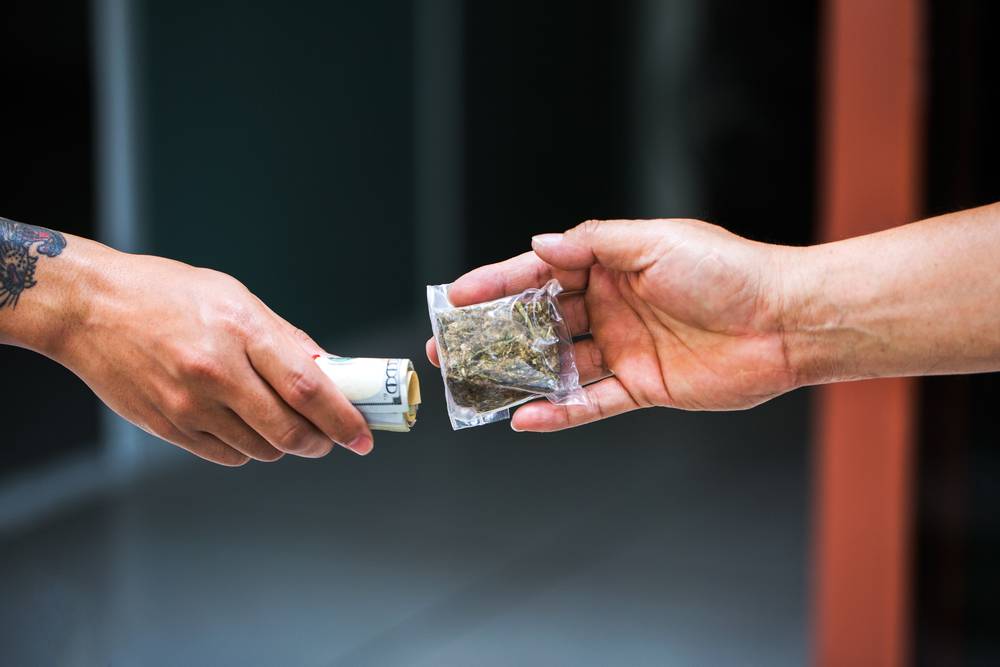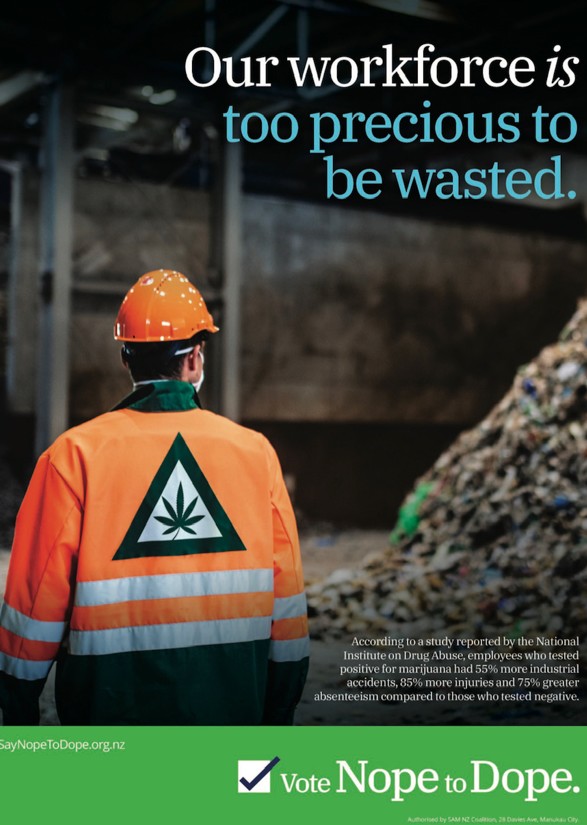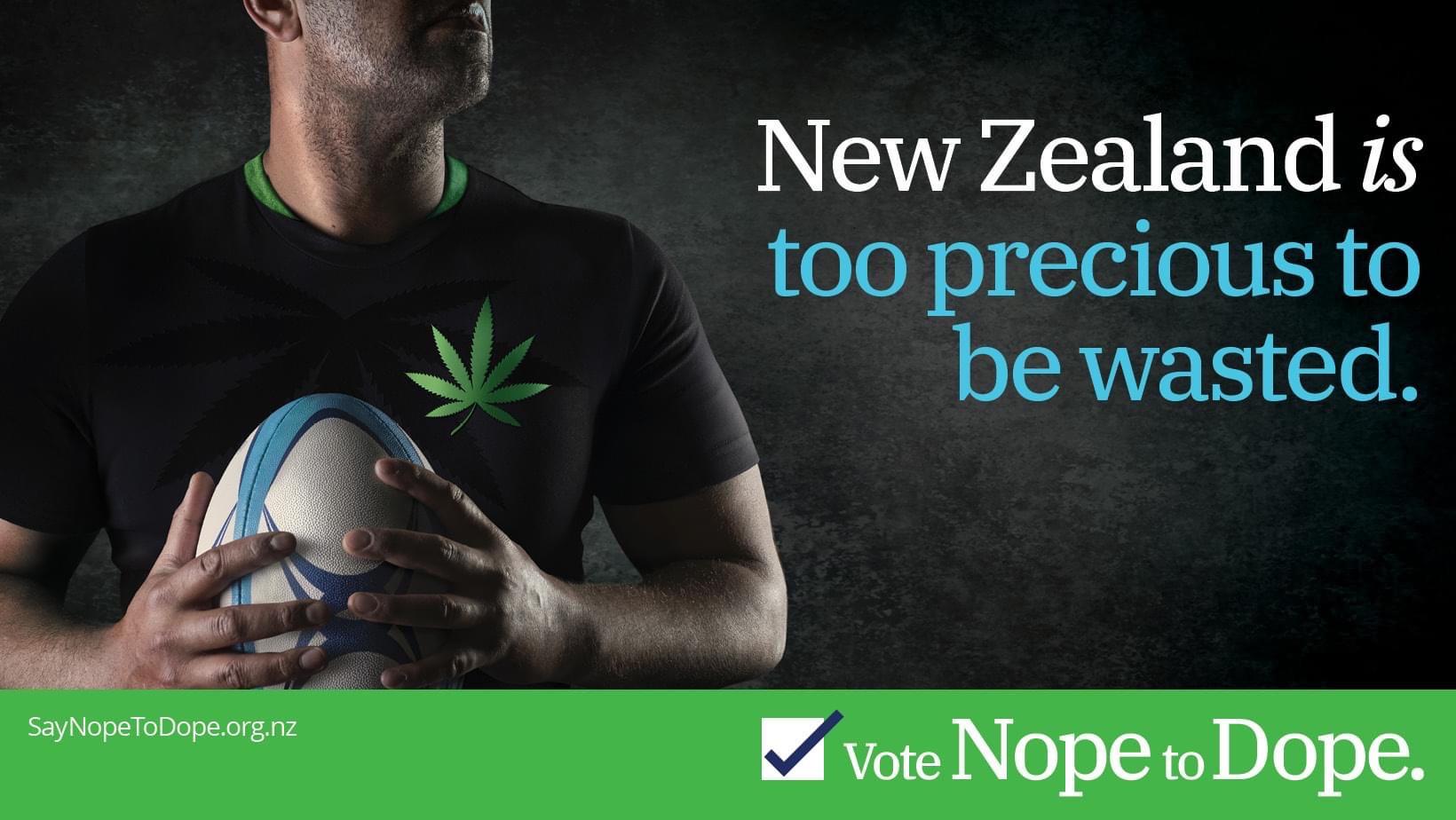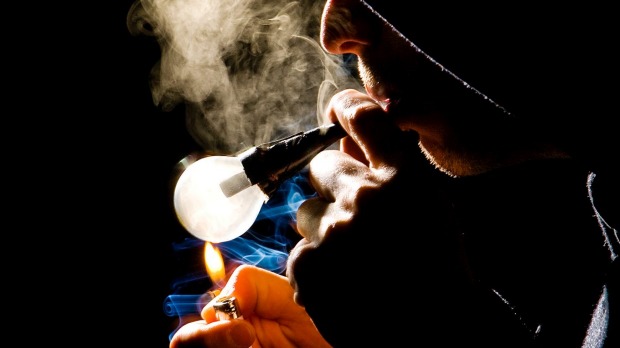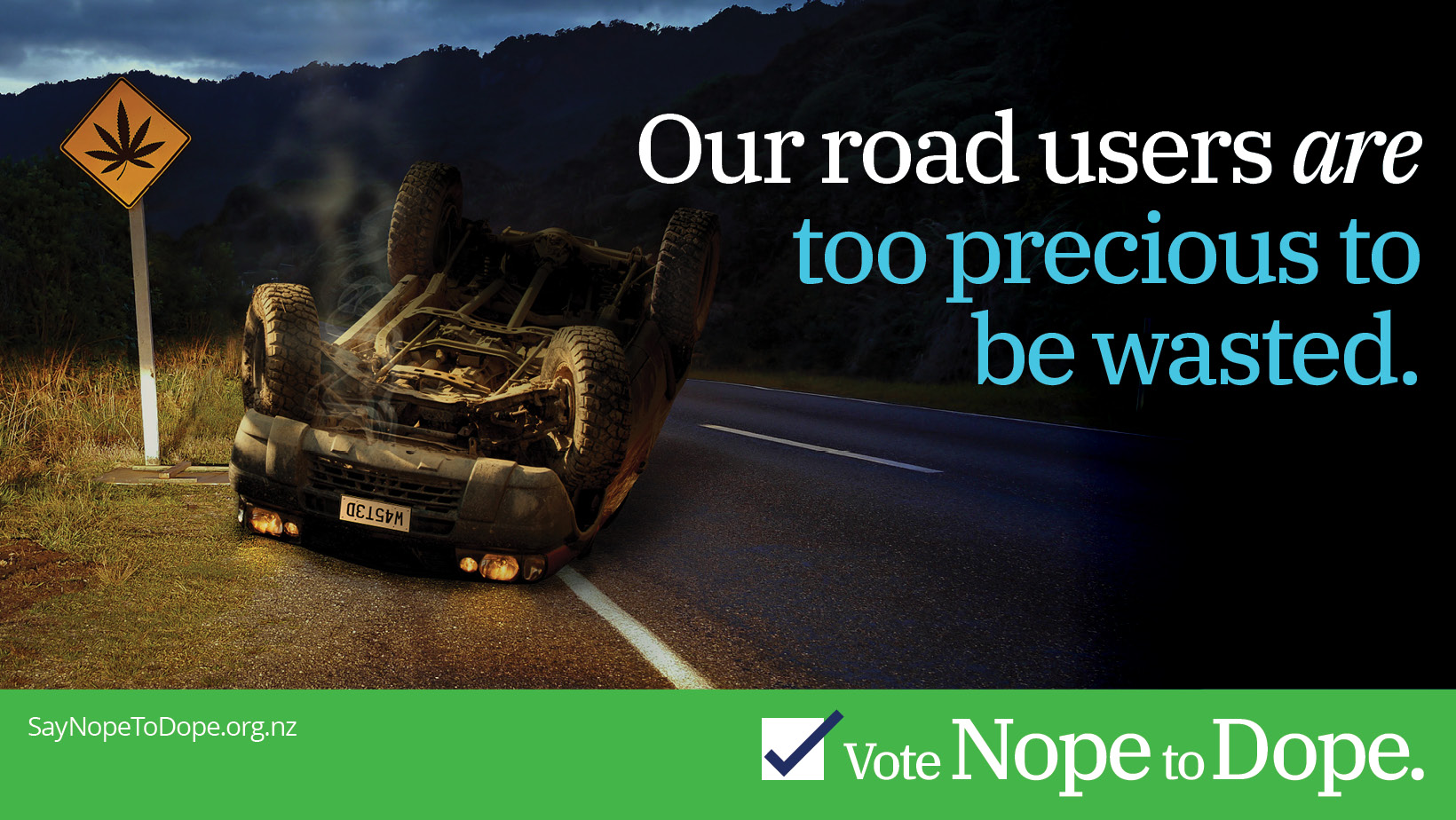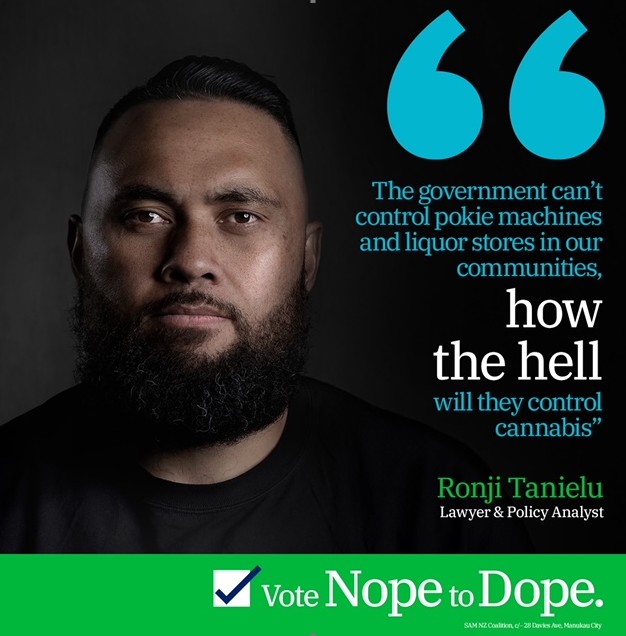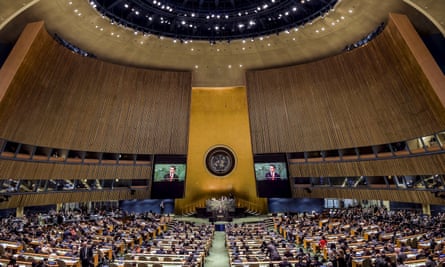
Our additional comment: Stephan Dahlgren is a former Head of Child Protection Section, UNICEF Zambia and Human Rights Focal Point for United Nations Development Group Office New York.
“States obligations regarding drug policy are manifested in the three UN Drug Control Conventions from 1961, 1971, and 1988. Each of three instruments are ratified (and hence legally binding) for more than 95% of the member states in the United Nations, including New Zealand. The main aims of these Conventions is to facilitate licit (medical) use, and to ensure no illicit use. As a tool to facilitate this end, the ratifying states have undertaken criminalisation of illicit (for recreational purposes) production, trafficking, and possession of a list of drugs that includes cannabis (1988 Convention Articles 3:1 and 3:2). New Zealand’s legal obligation under international law to criminalise recreational cannabis is hence absolutely clear, as is the accepted aim for drug policy: only licit medical use – no recreational use.”
Stephan Dahlgren is a former Head of Child Protection Section, UNICEF Zambia and Human Rights Focal Point for United Nations Development Group Office New York
For more than a decade, international drug legalisation advocates have pursued a discourse on drug policy with the following recurrent key assertions to underpin a plea for legalisation: “We must have evidence based drug policy”, “The war on drugs has to stop”, “There is a right to harm reduction”, and “The war on drugs is against human rights”.
Few people on either side of the legalisation divide would contest a proposal for evidence-based policy making.
The issue is what you are evidencing.
The problem in the field of drug policy is that legalisation advocates are linking evidence-based policy making to undefined concepts.
Firstly, there is no definition of what a “war on drugs” is.
As far as is known, legislated international drug policy has never been subsumed under the banner “war on drugs” by its protagonists.
The “war on drugs” rhetoric has been coming from the legalisation side. It resembles historical political plays with broad and undefined concepts. It is a blank canvas on which potential supporters can ascribe any meaning they want, and anything can be “proven”.
Being undefined it is an unsuitable indicator for evidence-based policymaking.
Secondly, likewise, there is no international legislation on or otherwise a generally accepted definition of the term “harm reduction”. Some say needle exchange, others are more radical and insist that society must back off from being against drug use.
With the absence of legal or agreed definitions, the total openness of the overall term “harm reduction” is also useless as an indicator for evidence-based policy making.
In normal cases a key benchmark against which “evidence based policy” is measured is minimum standards in binding genera international law, and perhaps especially human rights law.
After 2010 we have seen a number of odd statements from UN Special Rapporteurs etc on drugs and human rights. The statements have in common that they avoid analysing the wording of UN general and human rights legislation, and substituting that for the undefined concepts mentioned above, as well as the equally undefined “social justice”. The statements also have in common that Rapporteurs were/are activists in legalization organizations.
Let us therefore have a look at what international law and especially human rights law actually says:
States obligations regarding drug policy are manifested in the three UN Drug Control Conventions from 1961, 1971, and 1988. Each of three instruments are ratified (and hence legally binding) for more than 95% of the member states in the United Nations, including New Zealand.
The main aims of these Conventions is to facilitate licit (medical) use, and to ensure no illicit use. As a tool to facilitate this end, the ratifying states have undertaken criminalisation of illicit (for recreational purposes) production, trafficking, and possession of a list of drugs that includes cannabis (1988 Convention Articles 3:1 and 3:2).
New Zealand’s legal obligation under international law to criminalise recreational cannabis is hence absolutely clear, as is the accepted aim for drug policy: only licit medical use – no recreational use.
A unilateral decision by New Zealand or any other country to legalise cannabis has wider ramifications than a breach of international law in just this case.
Such breach would establish a standard where international law de facto is unfollowed by whim, which other states can proclaim as justification for their own chosen non-compliance regarding topics that may be strongly supported in New Zealand (perhaps women’s rights, environment protection etc).
On the next level (human rights): The first stop for a genuine rights- and evidence- based policy is to look at what global human rights law actually say.
The standard approach in this regard is to define ‘human rights’ as the nine core UN Human Rights Conventions, from 1965 to 2006.
Drugs is only addressed in one HR Convention – the Convention on the Rights of the Child from 1989 (in Article 33).
CRC Article 33 sets out the minimum standard regarding drug policy and human rights. More specifically, Article 33 obliges all states to “protect children from any illicit drug use and involvement in trafficking and production of drugs”.
CRC Article 33 is referencing the UN Drug Conventions (including the obligation to criminalise illicit trafficking and production as well as possession for personal use).
In short, by conventional methodology for treaty interpretation, CRC Article 33 is the starting point for evidence based policy making. Drug policy shall be child centered.
CRC Article 33 is not just any article in the CRC – it is one of the ‘child protection’ articles alongside those regarding exploitative child labour, sexual exploitation of children, and the recruitment of child soldiers etc.
UNICEF’s Child Protection Strategy from 2008 concludes that “child protection starts with prevention”, it calls for states to create an enabling environment for children, and highlights as primary measures “legislation (criminalisation) and enforcement”.
When looking at precise texts it is therefore quite obvious that a State that is legalizing drugs is not only breaching general international law (the Drug Conventions) but also the most ratified human rights instrument of all (the CRC).
